Oral Cancer: Understanding Symptoms and Risk Factors for Early Detection
Oral cancer is a serious medical condition that can have significant and often fatal consequences if left untreated. According to the American Cancer Society, over 54,000 people in the United States will be diagnosed with oral cavity or oropharyngeal cancer in 2021 alone. The good news is that early detection can greatly improve the chances of successful treatment and recovery. This is why it is essential to understand the symptoms and risk factors associated with oral cancer and to seek professional dental care regularly.
Oral cancer can affect any part of the mouth, including the tongue, lips, gums, cheeks, and throat. The most common symptoms of oral cancer include persistent mouth sores or ulcers that do not heal, red or white patches in the mouth, difficulty chewing or swallowing, and persistent hoarseness or sore throat. Other symptoms can include swelling, pain, or numbness in the mouth, jaw, or neck, and unexplained weight loss. These symptoms can be subtle and easily overlooked, which is why it is important to visit a dental professional for routine check-ups.
There are several risk factors associated with the development of oral cancer. Tobacco use, including smoking and smokeless tobacco, is the most significant risk factor for oral cancer. Excessive alcohol consumption, particularly when combined with tobacco use, also increases the risk of developing oral cancer. Other risk factors include a family history of cancer, exposure to human papillomavirus (HPV), and a weakened immune system.
Early detection is critical to the successful treatment of oral cancer. When detected early, oral cancer is highly treatable with a range of treatment options, including surgery, radiation therapy, and chemotherapy. However, if left untreated, oral cancer can spread to other parts of the body, making it much more difficult to treat and potentially fatal.
While it is important to be aware of the symptoms and risk factors associated with oral cancer, it is equally important to seek professional dental care for early detection. A dental professional is trained to identify early signs of oral cancer and can perform a thorough examination of the mouth, including the tongue, gums, cheeks, and throat, to check for any abnormalities. They may also use special tests, such as a biopsy, to determine if any suspicious growths are cancerous.
It is important to note that attempting to self-diagnose oral cancer or using home remedies for treatment can be dangerous and ineffective. Many home remedies can actually worsen the condition and delay proper treatment, which can have serious consequences. It is always best to seek professional dental care for the proper diagnosis and treatment of oral cancer.
In addition to seeking professional dental care, there are several steps individuals can take to reduce their risk of developing oral cancer. These include avoiding tobacco use and excessive alcohol consumption, practicing good oral hygiene, and eating a healthy diet rich in fruits and vegetables. Learn more.
In conclusion, oral cancer is a serious medical condition that can have significant consequences if left untreated. Early detection is critical to successful treatment and recovery, which is why it is essential to understand the symptoms and risk factors associated with oral cancer and to seek professional dental care regularly. By taking proactive steps to reduce risk factors and prioritize regular dental check-ups, individuals can take an active role in maintaining their oral health and overall well-being. Next article.

